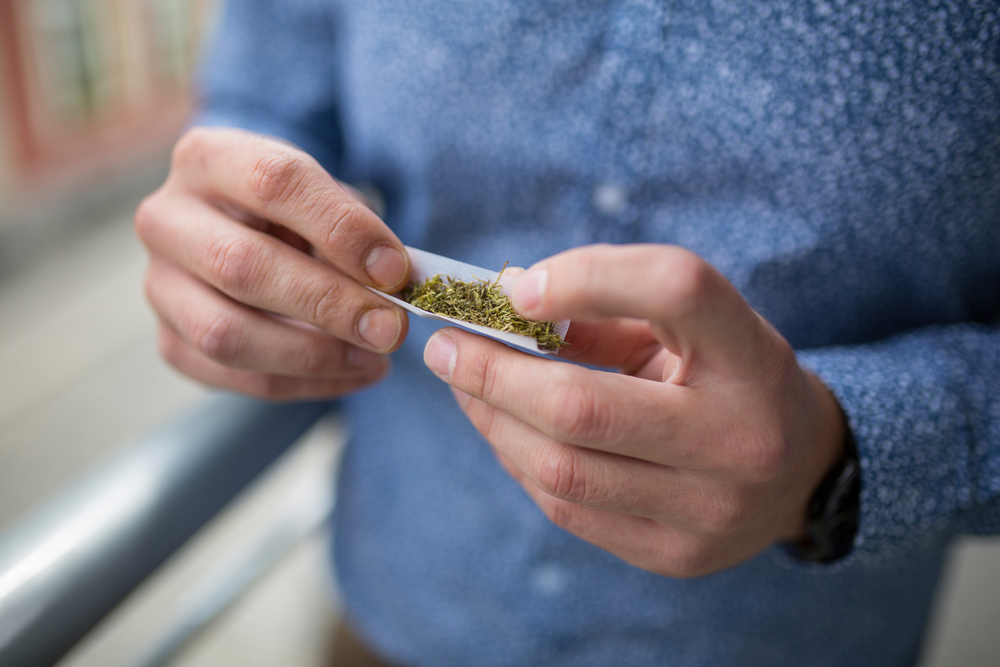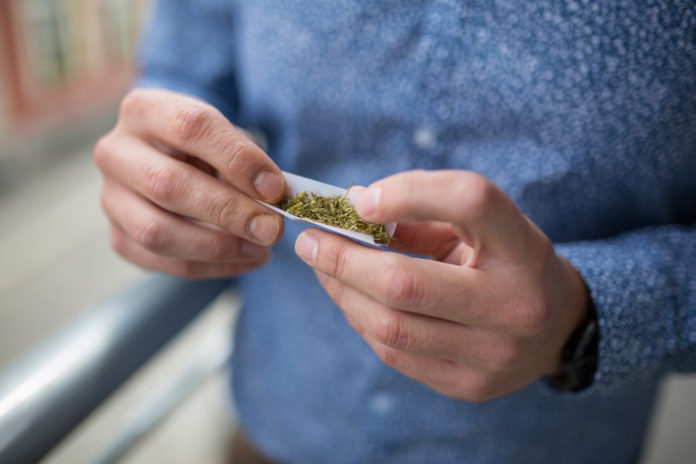Chronic cannabis smokers who doubted their own ability to abstain had less success in maintaining abstinence after a six-week Cognitive Behavioral Therapy (CBT) program than those who believed they could quit, a recent study showed.
Researchers at the Centre for Youth Substance Abuse Research at the University of Queensland in Brisbane found that negative expectancies (holding negative associations toward marijuana) and emotional relief refusal self-efficacy (the belief in one’s ability to resist temptation) predicted better treatment outcomes for patients dependent on cannabis.
The study used 221 volunteers, marijuana-dependent patients who participated in the six-week CBT program designed to promote abstinence. Researchers found that those who had lower confidence in themselves to resist smoking had a more difficult time abstaining.
The CBT program included management of cravings, relapse prevention, motivational interviews and cognitive restructuring. Participants were also given questionnaires designed to gauge positive or negative outcome expectancies (“Does smoking make me feel outgoing?”), cannabis refusal self-efficacy (“Can I resist smoking?”), degree of dependence (“Is my use out of control?”), and questionnaires related to general health and session-by-session consumption and abstinence.
The findings showed that the level of refusal self-efficacy predicted marijuana use during CBT abstinence treatment and that efforts to curb a negative affect can bolster the likelihood of achieving abstinence. The results of the study also suggested that a high level of refusal self-efficacy reduced the likelihood of relapse.
Lower refusal self-efficacy was… (continue reading)

















